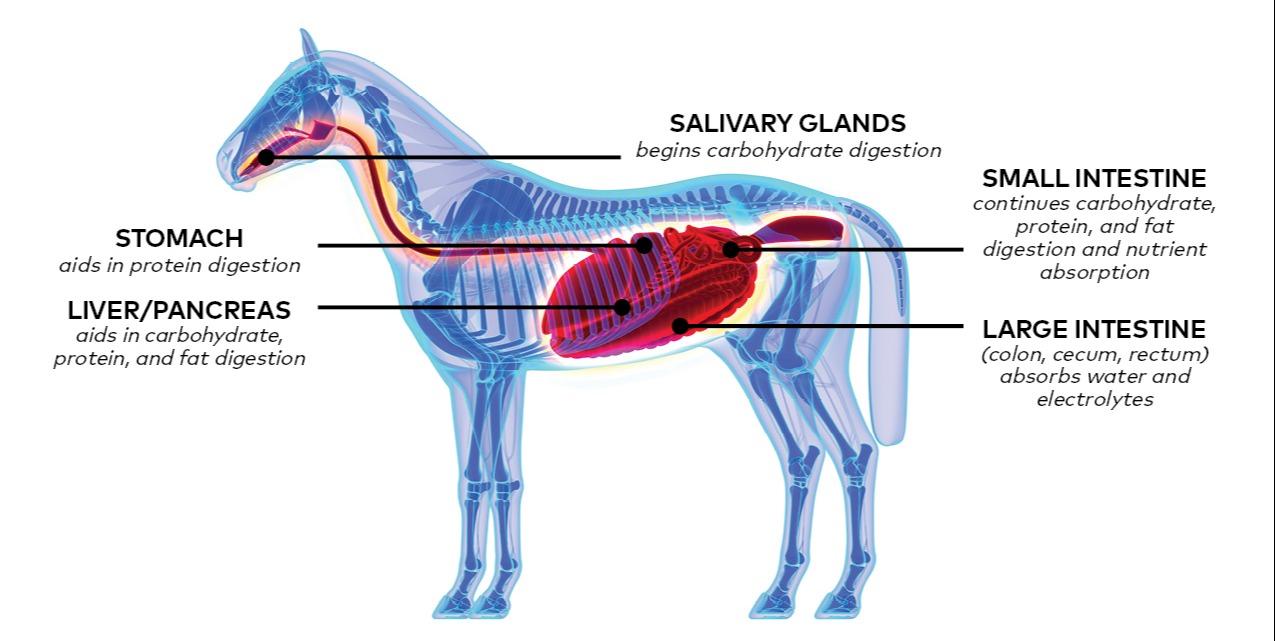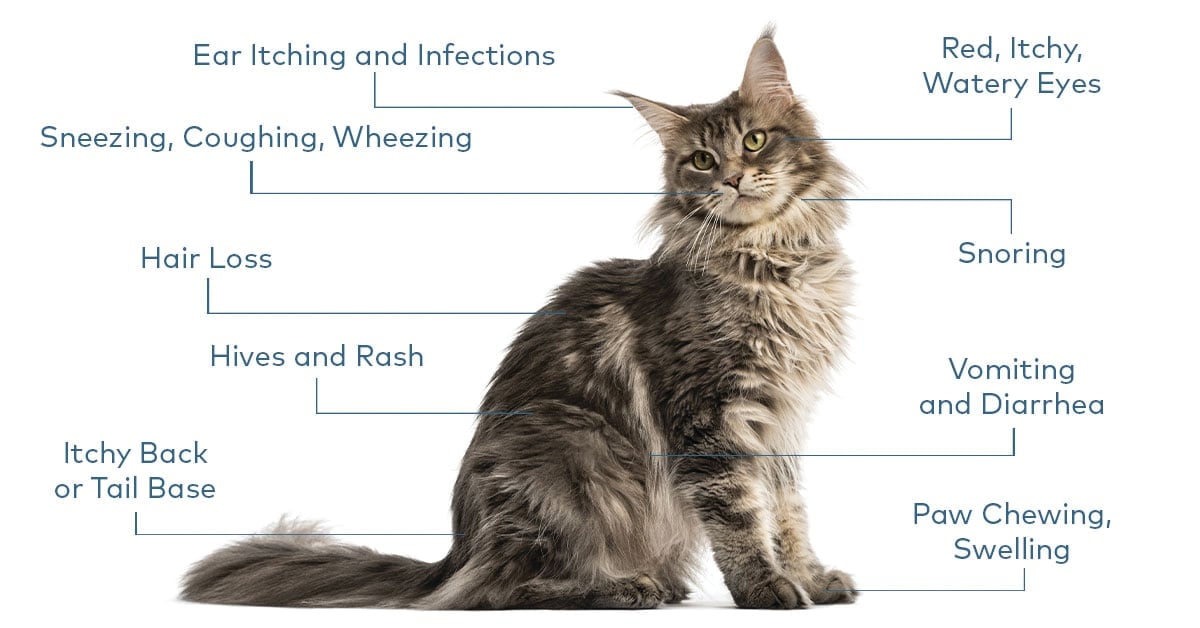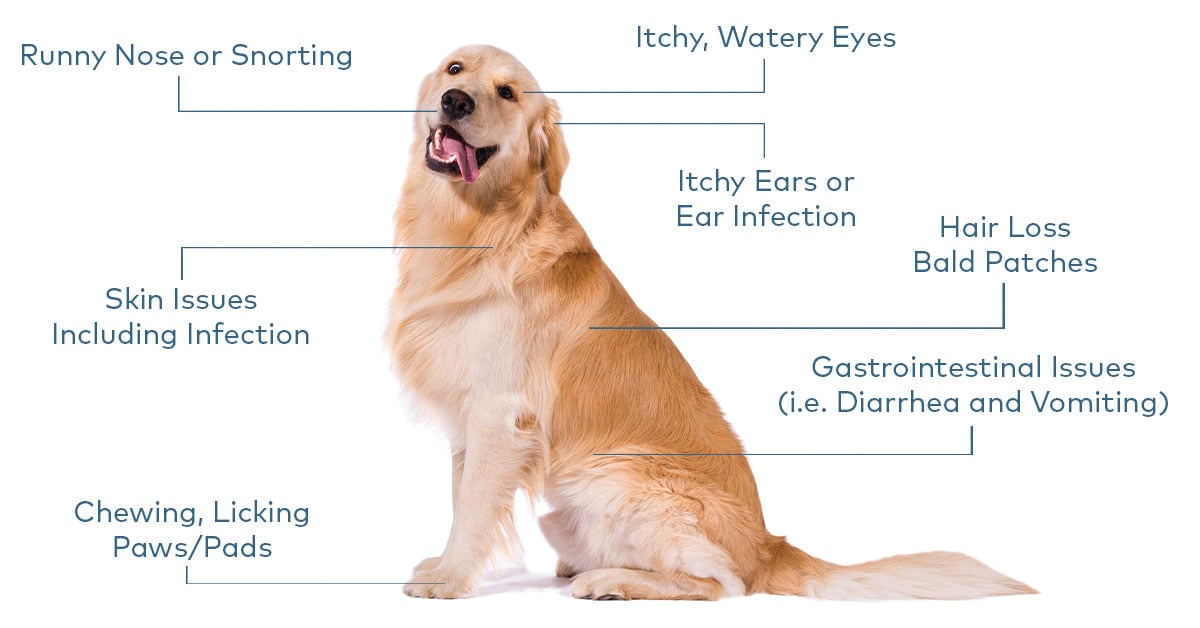When it comes to diagnosing allergies, pet parents (and subsequently veterinarians) are faced with an increasing number of options. Intradermal testing, serum based assays, hair and saliva assay offerings can make it confusing for everyone to figure out which option is right for the patient's unique scenario. The popularity of hair and saliva assays has also been increased through websites like Groupon and Amazon by advertising directly to pet parents.
The gold standard in veterinary medicine continues to be testing conducted by a veterinarian or veterinary dermatologist. Whether that testing is a serum blood test or an intradermal test, these testing methodologies allow for the most accurate test results and the best opportunity for successful long-term treatment outcomes. Below you will find a guide to the different types of testing available on the market.
Intradermal testing
This type of assay, because of its complexity and objectivity, are traditionally conducted under the supervision of a veterinary dermatologist. Once you have referred them over they have an initial consultation to determine if allergy testing is appropriate. Once completed there is a withdrawal period of 4 to 6 weeks depending on which medications the patient is on. After the withdrawal period has been observed the patient is brought back to the clinic and an area of skin healthy enough for testing is identified. From there the patient is sedated, and the area shaved and prepped for testing. From there approximately 40-60 regional inhalant allergens are tested. Reactivity at the injection site is then measured, after about 20 minutes or so, to determine the degree of local reaction (I.e. hives, or swelling). The average cost to can range from $500-1,000 or more (pet parent cost)
Serum testing
Serum testing was originally developed as an alternative to the more invasive intradermal testing. This type of testing can still be performed by a Veterinary dermatologist but also allows general veterinarians to manage a majority of cases in house, as the testing is conducted via a serum sample that is sent out to a lab. This testing does not require any medication withdrawal and can also include foods we wish to challenge sensitivity to (up to 91 allergens). At the end of the testing a color substrate is added to the plate and results are ran through a color spectrometer to measure the level of reaction. Within about 5 to 7 days results are then faxed or emailed over to the clinic from the lab. The average cost of this type of assay can run from $350-600 (pet parent cost)
Hair and Saliva assays
While many of these assays are relatively new to the market, the first saliva based assay was developed by veterinarian Dr. Jean Dodds*. This method, while easily accessible to the pet parent, is not cost effective or considered well established in the veterinary community1. A recent study conducted concluded that the testing was not accurate in regards to diagnosing allergies. The study submitted hair and saliva from symptomatic dogs, asymptomatic dogs, as well as water (in place of saliva), and fake hair samples from stuffed animals. All the samples tested positive for some allergens, in every case (ImmuneIQ). Other important concerns commonly expressed is whether trace chemicals in hair and saliva have proven implications in causing disease2 and what a “positive” result via this testing really means2.The average cost of this type of assay can run from $150-$350 (pet parent cost)
In conclusion, when discussing allergies it is best to be proactive in client discussions. Take the extra time to dispel myths about the types of testing that are available on the internet. It is better to educate them on what testing to invest in up front rather than trying to explain it after the money has been spent on Groupon or elsewhere.
References:
- Coyner K., Schick A. (2018) Hair and saliva test fails to identify allergies in dogs. J Small Anim Pract. 2019 Feb;60(2):121-125. doi: 10.1111/jsap.12952. Epub 2018 Oct 29.
- Canine Skin Solutions (2014) Allergy Testing: Frequently Asked Questions. http://bit.ly/CSS_FAQ
*Nextmune has a working relationship with Dr. Dodds on both the Nutriscan, Hemolife Thyroid, and Vaccicheck assays.
 Global English
Global English

 UK
UK



